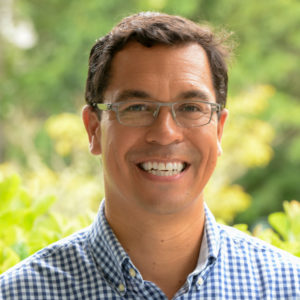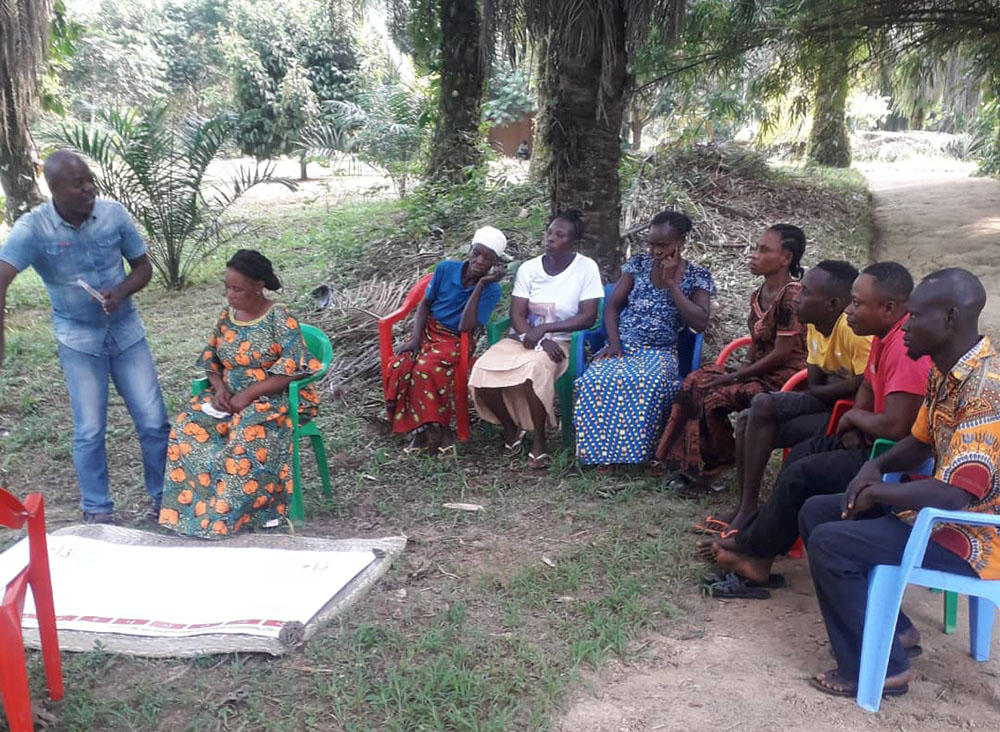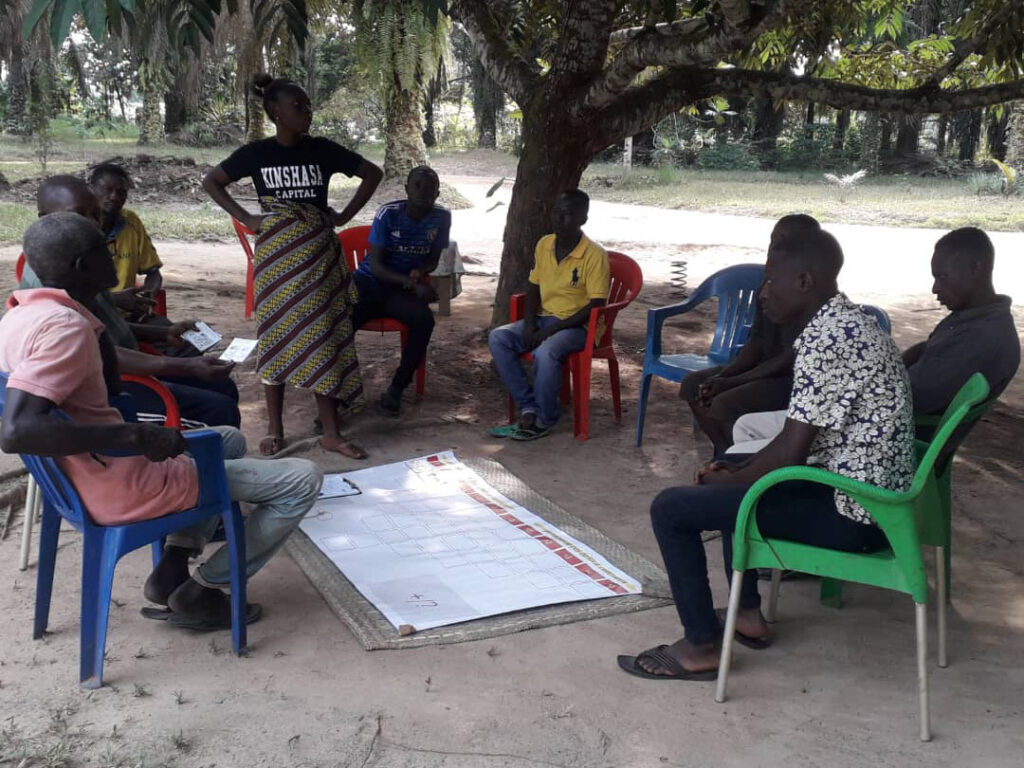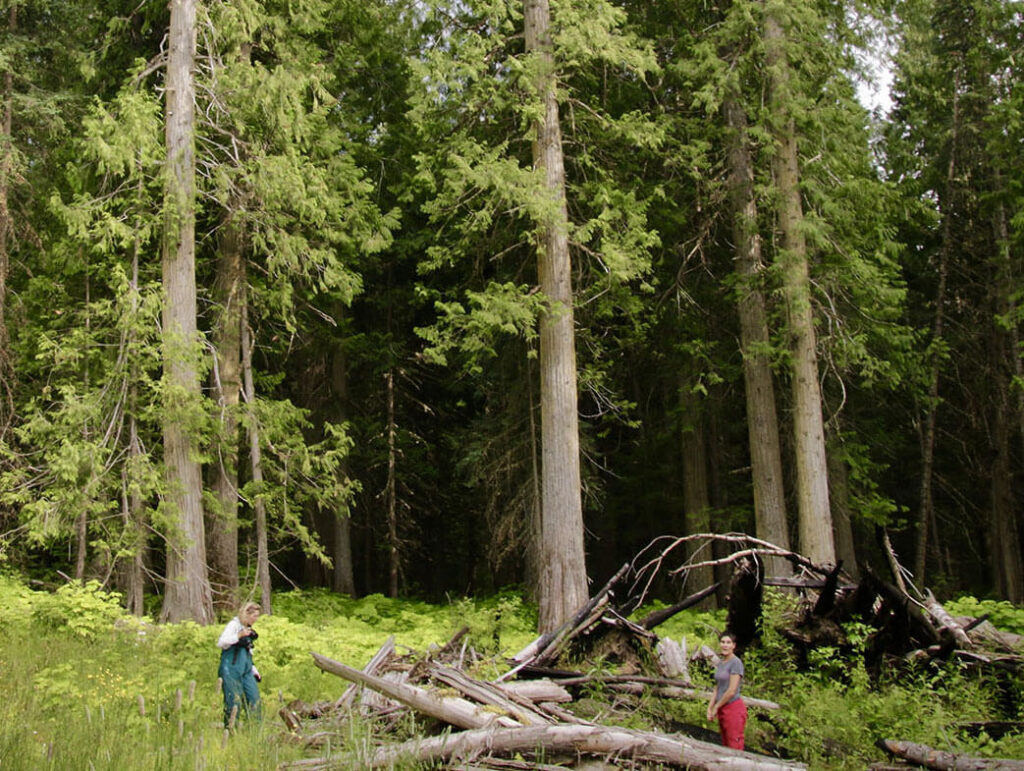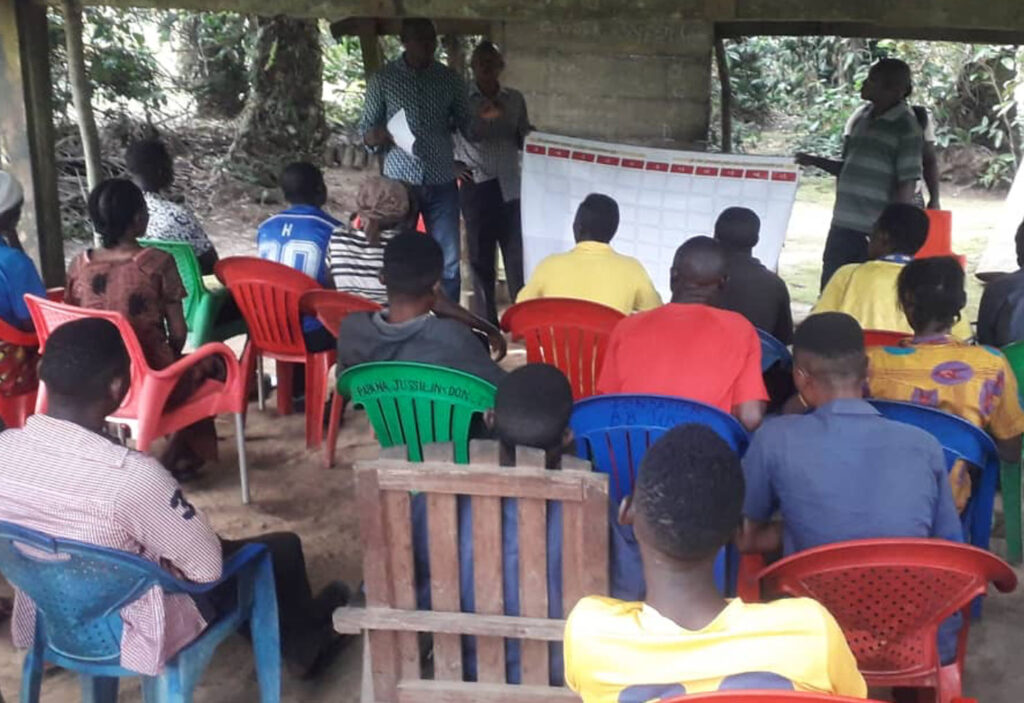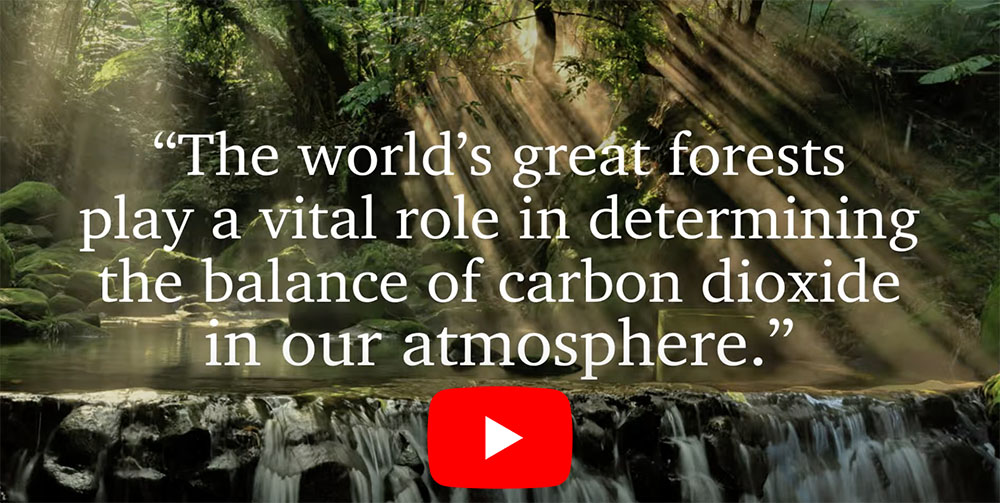Dr. Bush is interested in how local behavioral phenomena and economic structures influence the outcomes of international and regional environmental policies. His work addresses the policy, social and microeconomic factors that influence resource use decisions, with a particular focus on households and agricultural communities and enterprises in forest landscapes. He is engaged in real-world evaluation of strategies for driving sustainable development and investment incentives for forest conservation.
Dr. Bush leads Projet Equateur, a multi-faceted policy research and capacity building program aimed at conserving forests while promoting sustainable development and improving quality of life in the Democratic Republic of Congo. Previously, he has lived and worked in Africa and in Central and Southeast Asia as a researcher, project manager, and consultant on natural resource, environmental management and conservation projects in the public and private sector. He has held positions with the UK Government Department for International Development, the Wildlife Conservation Society, and the Dian Fossey Gorilla Fund International.
He enjoys sailing, clamming, and being in the woods. He and his family are voluntary stewards for a parcel of upland fields and forest held by The 300 Committee Land Trust.

